It doesn’t matter if we’re talking about movies or theater, carpentry or gardening, baseball or chess…
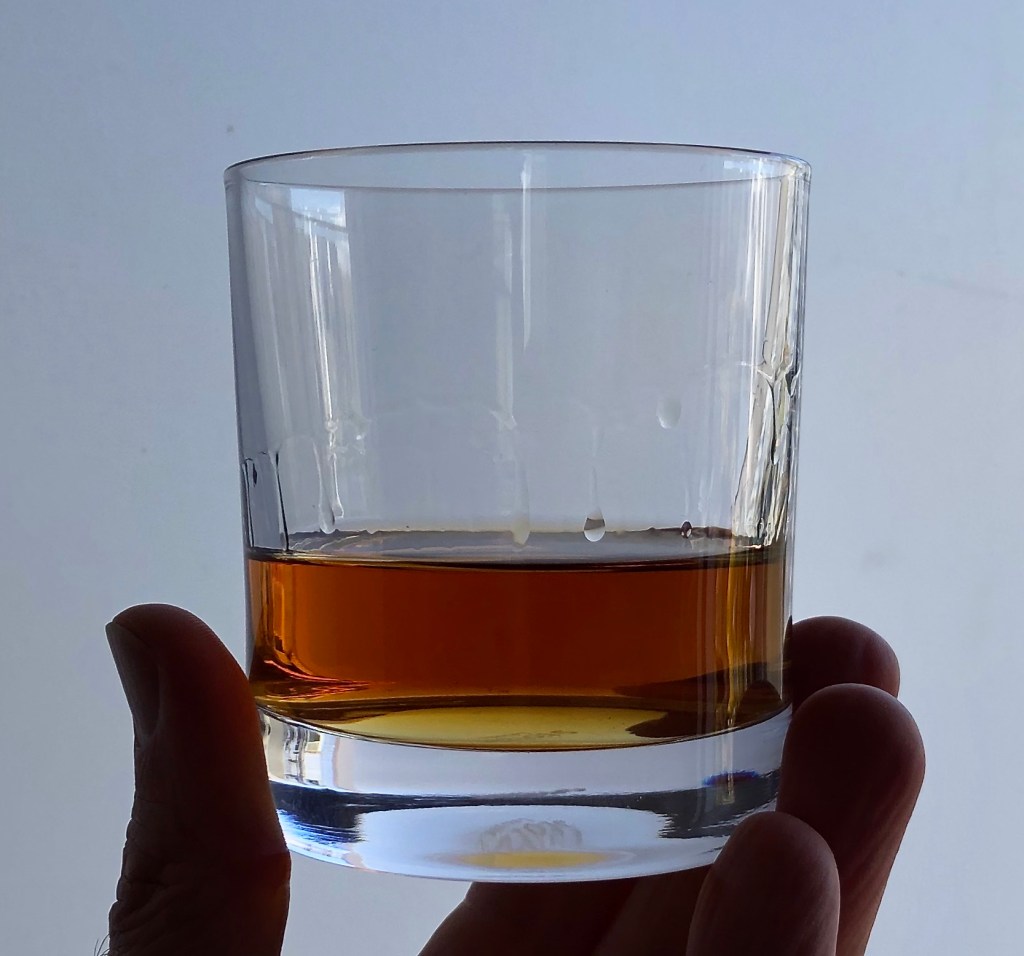
Most any such pursuit or interest has a language specific to it, learned, used, and furthered by those who partake in the endeavor. Language is our primary means of communicating with each other. An ability to communicate well opens up possibilities.
Knowing this, there are people who will occasionally use language to deny possibilities. Specifically, to deny access. They recognize the power of language to afford understanding—understanding itself being one key means of access. Someone who would prefer the gates to their corner of an interest stay closed can wield its lingua franca knowingly against those who come knocking, overwhelming them with jargon or—most commonly—ridiculing the newcomer’s own language as naive. These proud gatekeepers, usually self-appointed, we might call “snobs.”
When I think about it, I’ve actually met very few such people in person. People with a genuine passion for something seem generally inclined to enjoy sharing it. But online, free from the pressures and responsibilities that come with face to face confrontation, snobs flourish. And they often seem to be the very people who denounce snobbery! (…wrote the whiskey blogger denouncing snobbery. 🤔)


A facility with language is commonly viewed as one sign of intelligence. In America, where a suspicion of intelligence persists, specialized language is often the target of anti-intellectual sentiments. I’m not certain exactly where or when this attitude originated. I suspect it has to do with the country’s origin as a colony of Great Britain. (Americans often affect a British dialect when referring to matters of snobbery.) An old American dig like “That’s your education talking,” or how abstract art forms get dismissed as “too intellectual,” or when someone cuts short a nuanced conversation with “That’s just semantics,” as if unpacking language isn’t key to communicating… These are all little manifestations of the American distrust of knowledge. The ironic snobbery of American anti-intellectualism makes the reputation for arrogance Americans have earned when traveling abroad all the more interesting.
Staying on this global theme for the moment… My own native language is English. (Well, “American” according to my actually English friends. 😉🇺🇸🇬🇧) If I travel to another country where English is not spoken, I must learn the local language if I am to communicate. If I don’t do this, my possibilities are limited. If I do learn the language, I can move about more freely and make friends. This truism of language isn’t a matter of any regional elitism. It’s a basic matter of local culture and my wishing to be a respectful guest.
Likewise, a kind host will do their best to accommodate a respectful guest. A small example: Fresh out of college I moved to Japan. It was my first time out of the country. Most Japanese people I encountered wanted to speak English with me, which was very accommodating, though it made my learning Japanese more challenging. There was a small restaurant I frequented that offered a discounted daily lunch special. The server’s English was as rudimentary as my Japanese. When I would enter she would greet me by pantomiming whatever animal figured into that day’s lunch special—usually chicken, pork or fish. I’d give her a thumbs up, she’d nod and smile, our communications were clear and complete. And, having been welcomed with such kind creativity, I became a regular customer. Over time she taught me the Japanese words for various foods. These casual language lessons—the words themselves but also the friendly interactions—helped me go about my daily life in Japan with more confidence.

Bringing things back to whiskey. Like all these examples, it has its language. At first one doesn’t know that language. In time one does. No big deal. Right?
I’ve noticed lately an uptick in whiskey YouTubers either catching themselves wanting to describe a whiskey as “smooth” but quickly course correcting, or else denouncing the term outright, with some degree of smirk, as meaningless, then substituting some string of other descriptors in its stead. Why not just say “smooth” if that’s what they mean?
The question seems to be, what does “smooth” mean with regard to whiskey? I’ve never quite understood why this was a question. The anti-smoothers believe it has no meaning. I’ve never understood that either. “Smooth” doesn’t seem that complicated a word, and it’s certainly not obscure.

There are literal words used to describe the aroma or taste of a whiskey—vanilla, caramel, peanut, apple, cola—meaning one tastes those exact things. These words are easy to relate to, if one has tasted vanilla, caramel, peanut, apple, and cola. And likely one has, those examples being very common in a wide range of cuisine and cultures.
One can get even more scientific about it and learn the molecules that make up common aromas and flavors. For example, vanilla, a common flavor note in whiskey, is more formally known as vanillin, an organic compound with the molecular formula C8H8O3. It being a primary component of the vanilla bean plant, we call that particular plant “vanilla.” But C8H8O3, or vanillin, or vanilla, is also found in oak, the wood used to make whiskey barrels, hence vanilla figuring into the flavor profile of many whiskeys.
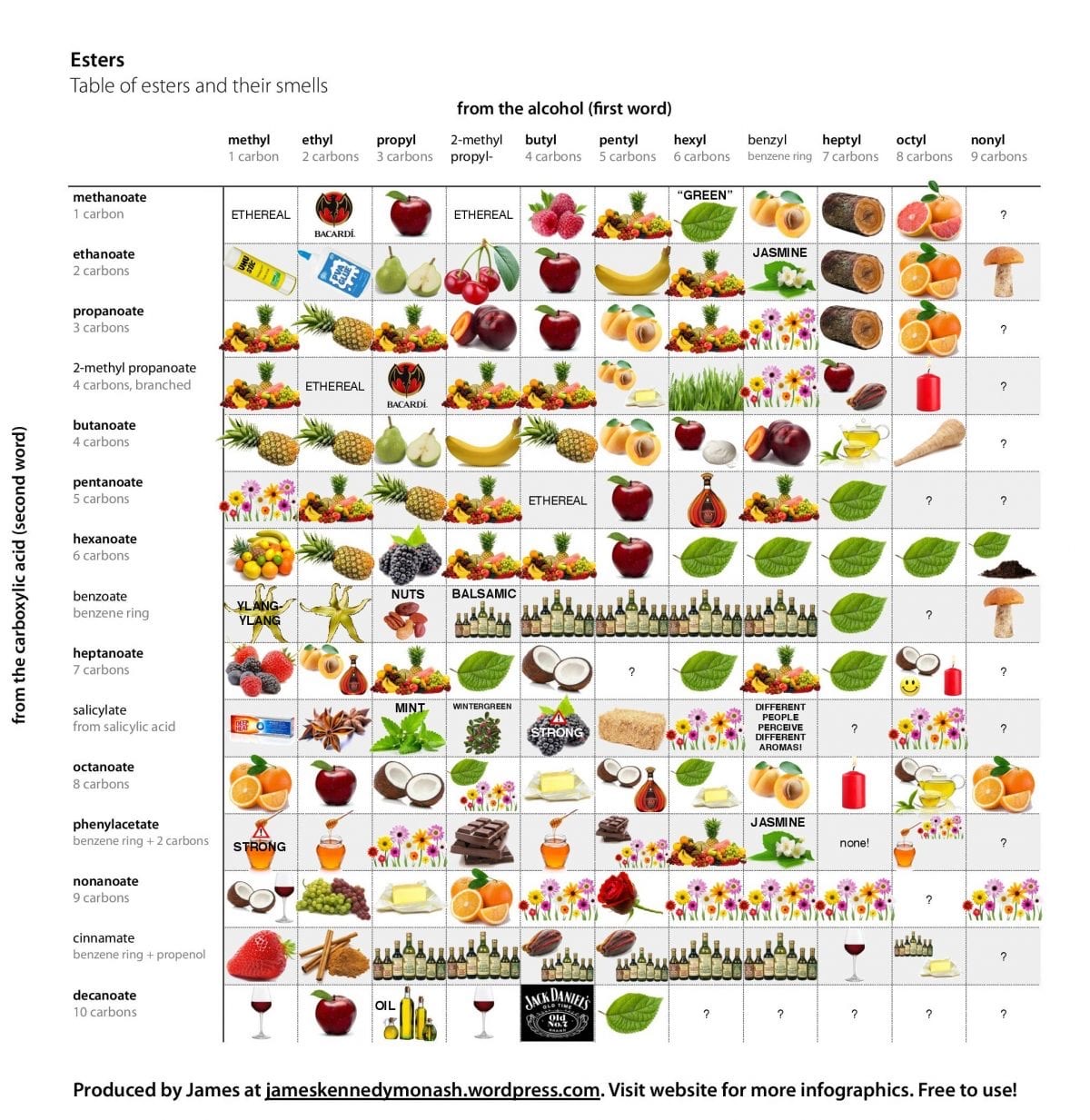
Though very useful to a distiller, this scientific language isn’t going to get one very far when sharing whiskey with friends. Say anything like what I wrote above and either glazed eyes or accusations of whiskey snobbery may soon follow. In most situations, the language used for describing whiskey is much more casual and colloquial, much more broadly accessible. And that’s perfectly adequate, as well as sociable.
When trying to describe a whiskey, people also often use language that is metaphorical and seeks to capture something more complex and less literal about the tasting experience. My partner once said an Islay scotch I’d poured for her tasted like “a shoreline bonfire at sunset.” I’m confident she has never actually eaten sand at an ocean’s edge, nor swallowed fire. And it’s not possible to ingest setting rays of sunlight. Her description was a metaphor for a mood, a sensibility, and an array of sensations, from smells (campfire smoke in salty sea air) to feelings (the warmth of the fire and sun) to qualities of experience (relaxed and cozy).
“Smooth” has its literal meaning:

From this alone, it seems fairly apparent why “smooth” could be useful when describing a whiskey. If it’s a high-proof Booker’s bourbon, for example, one can anticipate the alcohol will pack a fiery punch, that it will not be, as in definition 2 above, “free from difficulties or impediments.” I’ve served Booker’s to many a guest whose eyebrows shot up right before they gasped coughing—not an experience that conjures the word “smooth.” However, occasionally even a bourbon like Booker’s belies the expectations of its 125+ proof and is “easy drinking,” or, smooth. Such Booker’s batches (I’m lookin’ at you, Dot’s Batch) tend to be highly prized given high-proof bourbons that nevertheless go down easily are difficult to achieve.


I can also imagine “smooth” used in reference to a whiskey with prominent caramel or chocolate flavors, foods that are themselves associated with smooth or creamy textures. These whiskeys I might call “smooth,” as opposed to certain high-rye bourbons I can think of, which, although they may also have caramel and chocolate notes, can sometimes have a kind of granular—not smooth—feeling to them from the rye-spice aspects of their flavor profile.
Thinking of Miriam Webster’s third definition above, some whiskeys show the same notes from the nose through the taste and on into the finish. One might describe this consistency as “smooth,” given it is “even and uninterrupted in flow or flight.” A whiskey that shows certain aromas on the nose, then surprisingly different flavors on the taste, and a third wave of flavors lingering in the finish, one might not consider “smooth,” given the uneven unfolding of flavors, one interrupting the last from moment to moment…


So it seems to me the word “smooth” is quite appropriate with regard to whiskey, its range of uses pretty straightforward. As a broad word with multiple possible meanings, it’s at least one place to start. In that sense it’s not at all unlike “caramel.” A very commonly used descriptor. But what exactly does someone mean by it? What kind of caramel? Dark? Light? Cheap? Homemade? Dry? In the form of fudge? A sauce? A hard candy? Those old Sugar Daddy caramel lollipops? Something caramelized, like the top of a Crème Brûlée?
If someone asks me for a smooth whiskey, at least I know not to reach for something high octane like Booker’s or 31n50. They likely want something that has, in a sense, “a continuous even surface,” in which case I might pour them a glass of Weller Special Reserve or Mixed Blood Blended Whiskey. Or I can just ask them what they mean by smooth, and now we’re getting to know one another.
All to say, no need to let the jargon police mess with our whiskey experiences and declare any word off-limits. As kind hosts and respectful guests who share a passion for whiskey, embracing curiosity in how others find words for their experiences can only deepen our mutual appreciation. One might liken a whiskey’s taste to foods, movies, places, sensations, emotions, personalities, natural phenomena, childhood memories… There are many ways to describe sunlight in a glass. (See what I did there?) And if someone I’m drinking with doesn’t understand what I mean, I can try describing it some other way. Language is full of possibilities. Like people. And like whiskey!
Cheers!

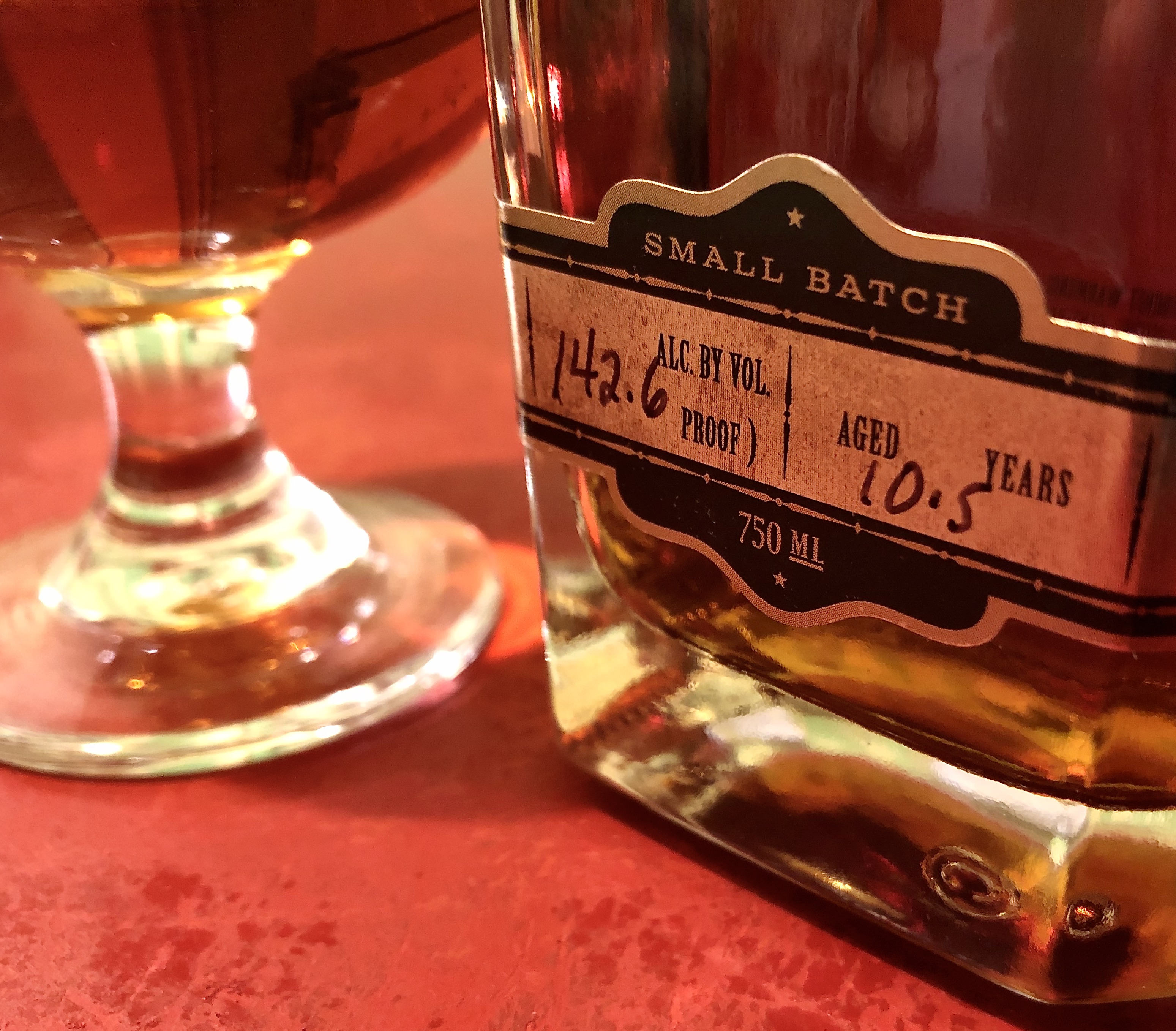
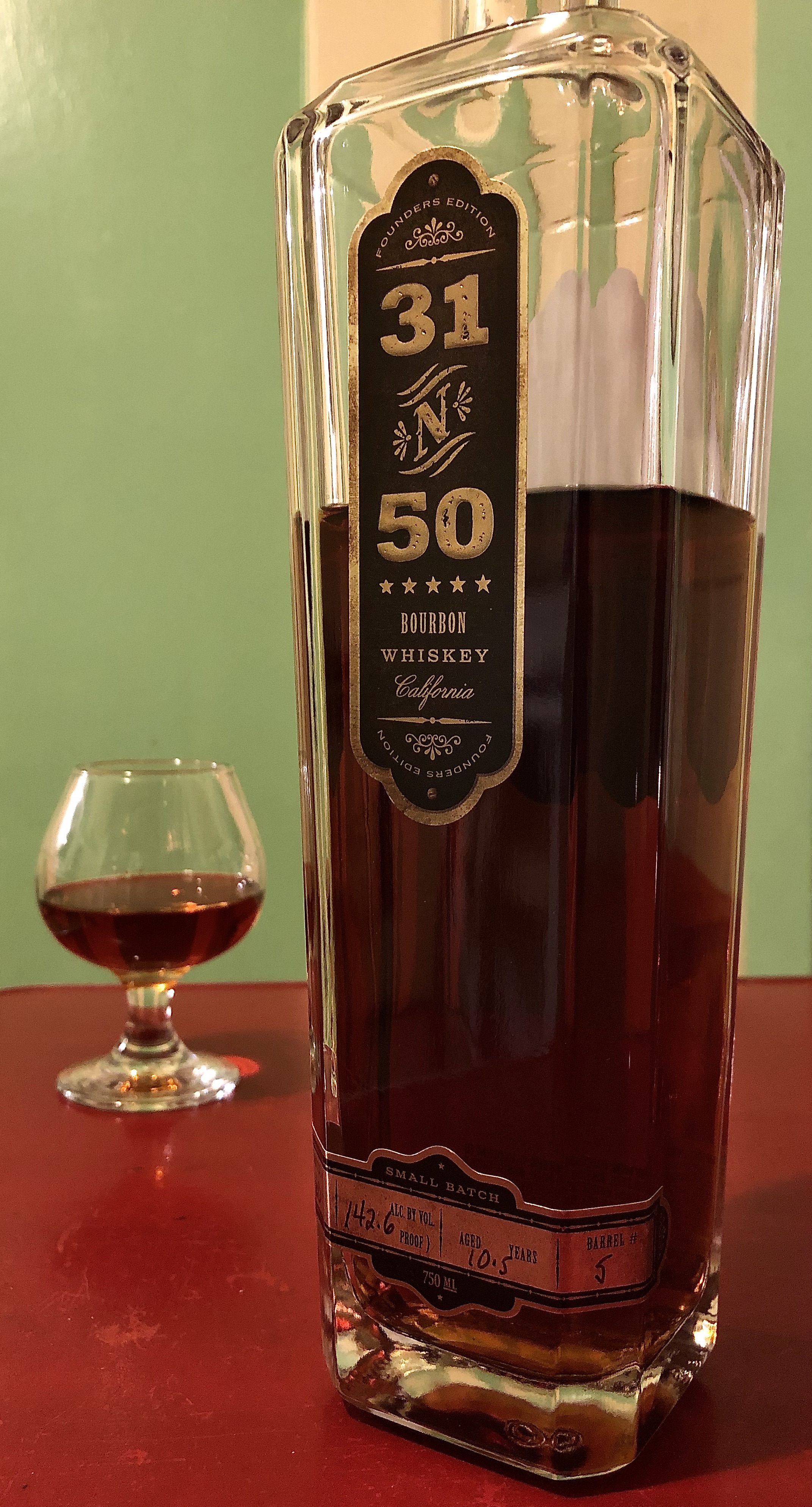
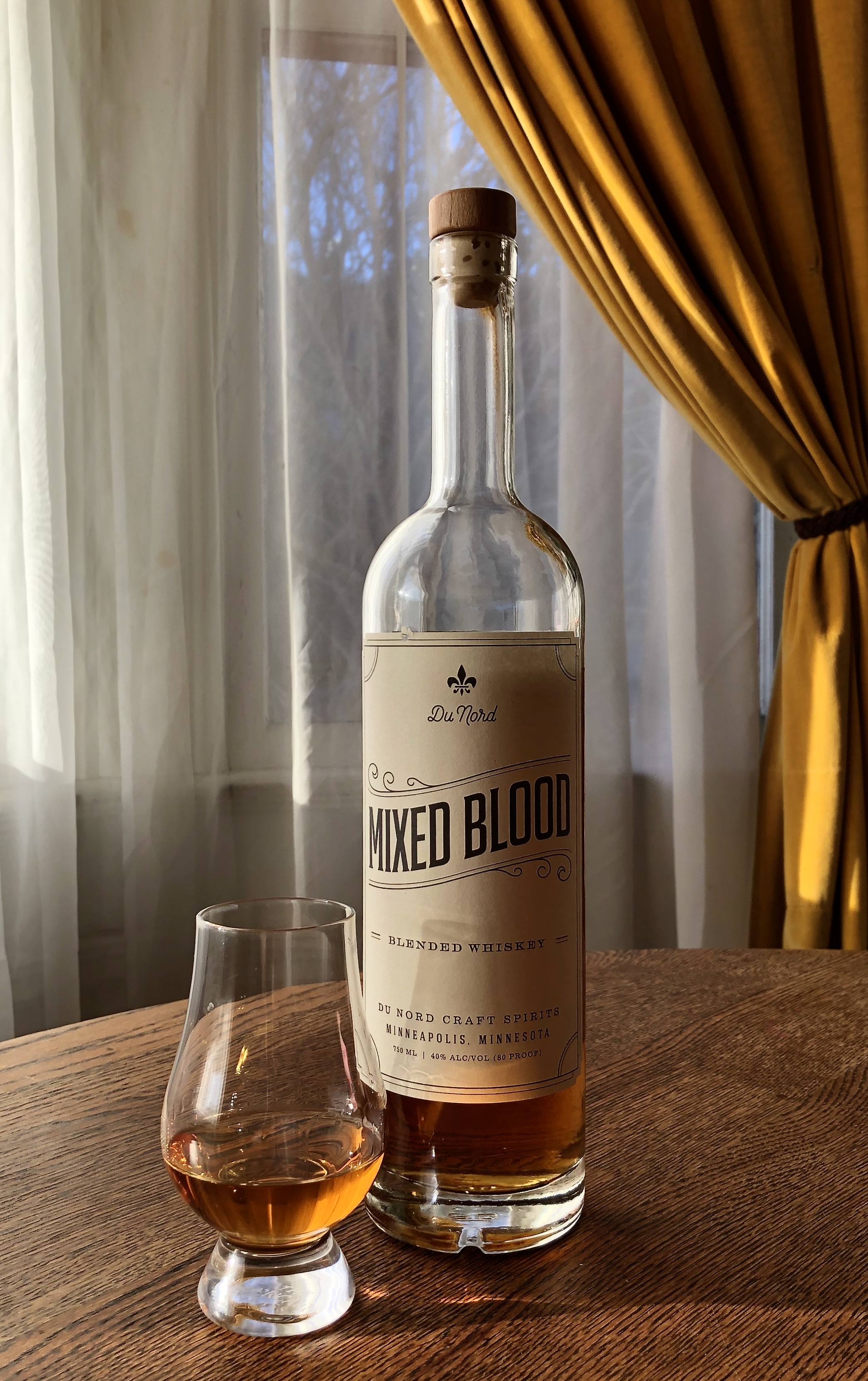

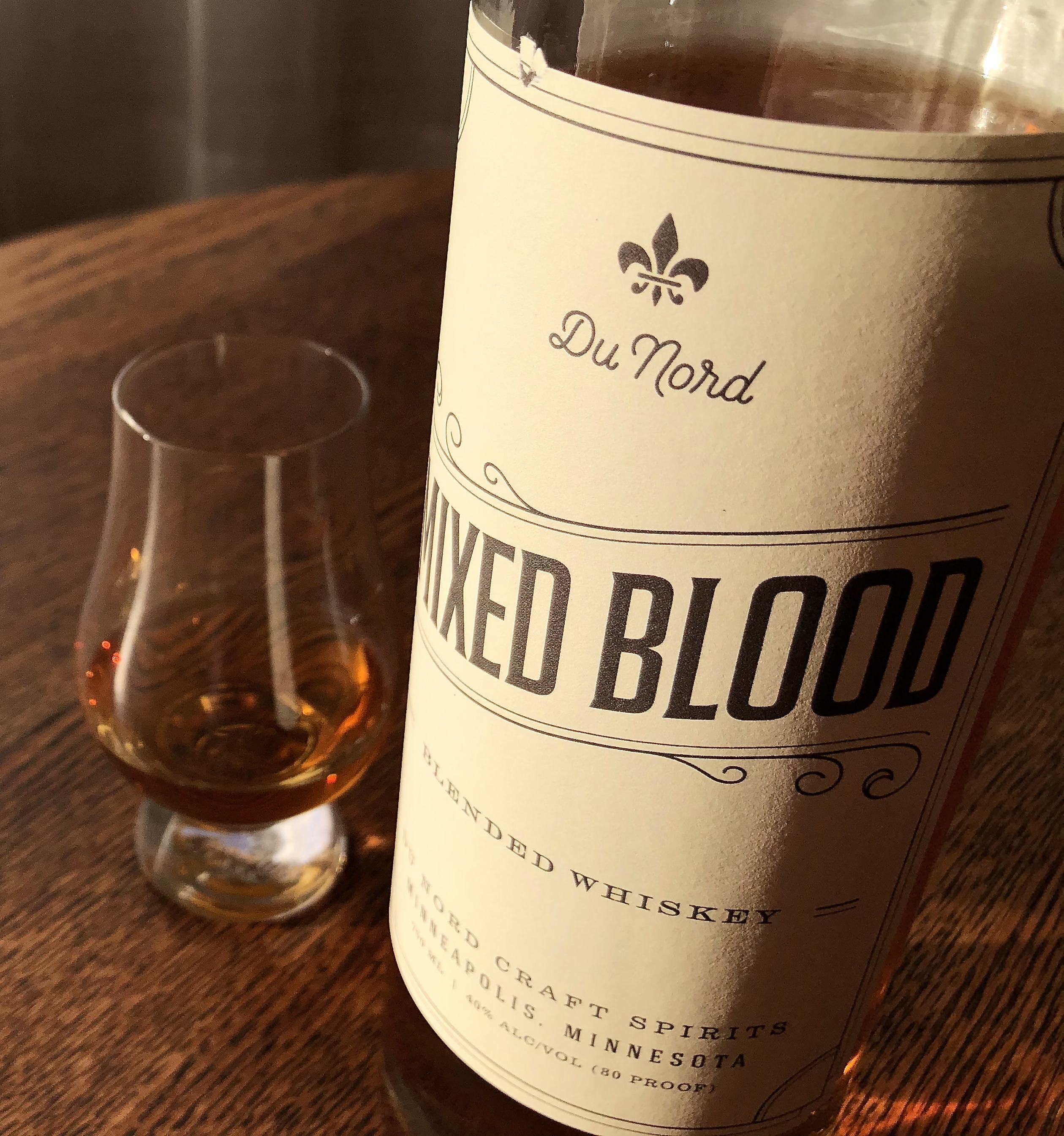
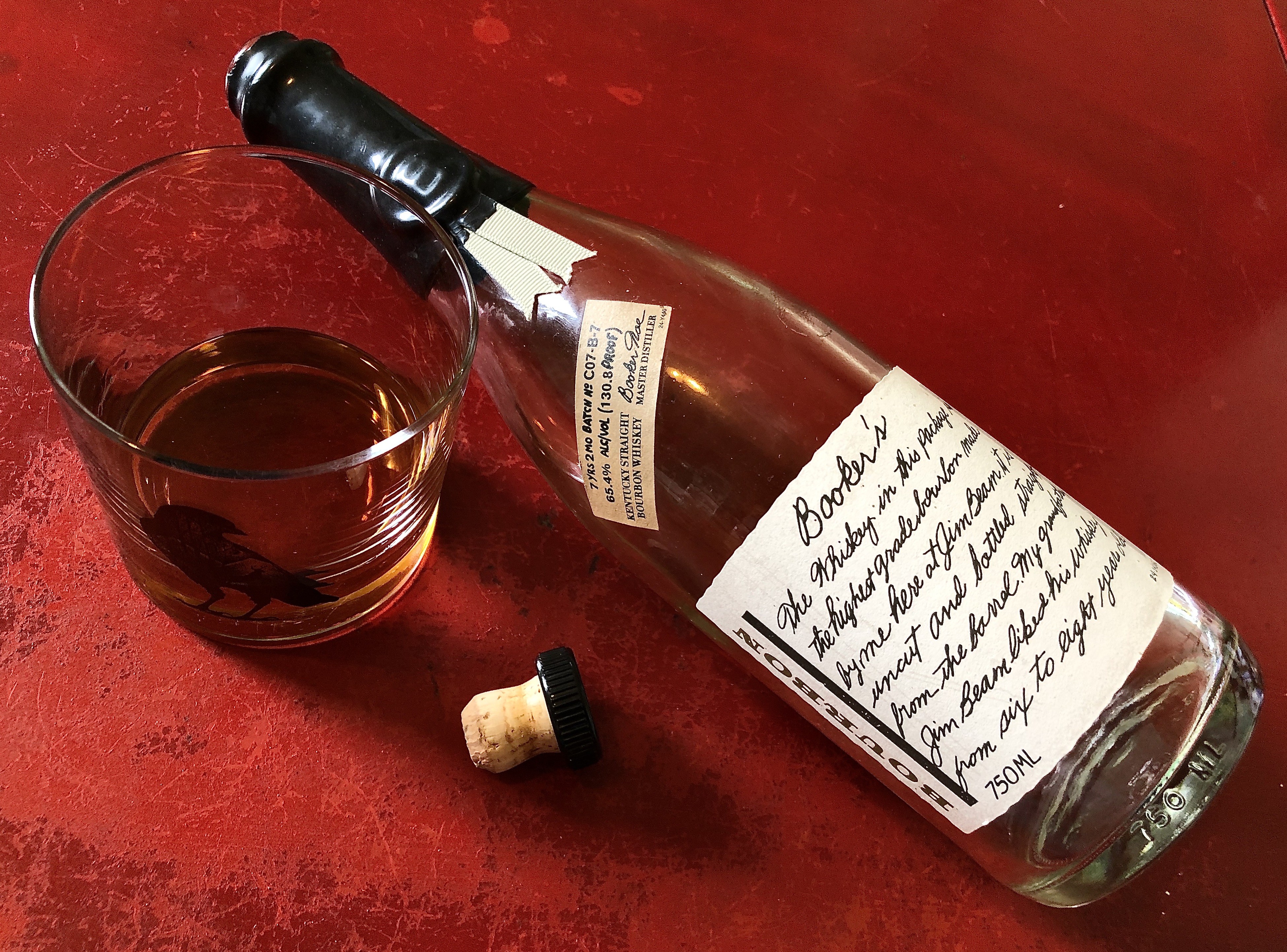




Extra! Extra!
The good people at One Nation Under Whisky have made this post the subject of an episode in their Extra! Extra! podcast. In the first half they read the post, and in the second they offer their further commentary. Have a listen at this link or by clicking on the YouTube video below:
This is spot on. To many people are extremests, in that they they either want to know what percentage cocoa you taste in a chocolate finish, or want to just know if it’s “harsh”, or “burny”… and anything in between is indicative of fightin’ words. Lets normalize talking about whisk(e)y in conversational terms, and just enjoying the hobby for what it is… a way to make new friends, and enjoy something together!
LikeLike
I’ll raise a glass to that. Thank you Andrew for sharing that thought and thanks so much for reading the blog! 🥃
LikeLike
I think this article misses the point a little bit as to why smooth has actually become a contentious term. As someone who is nearing 100 open bottles and looks for any chance to push someone else a little further down the rabbit hole, it is something I can speak to directly.
The “issue” here is that for a lot of people that aren’t enthusiasts, smoothness is THE defining character of what makes a whisk(e)y good or bad. Or at least, that’s what they think is supposed to be based on media portrayal, commercials, popular rhetoric, and what not. If it’s smooth it’s good, if it’s not, it’s bad. For them, there is a LOT of connotation to the word beyond its literal meaning. So whenever I do conduct little tastings here and there for people, I do tend to avoid the word smooth and focus on other words like heat or burn, along with delving into what actual flavors they pick up, to try to let them form more of an opinion themselves. As opposed to saying upfront, “do you think this is smooth?” and having them think “yes, so I guess it must be good, right?”
Yes, there is absolutely snobbery involved in whisk(e)y, and a lot of people that will say “smooth whiskey is just bad whiskey hurdy hur smur!” But for a lot of other well meaning people, “smooth” is a term that has a lot more weight than its literal definition, especially for people newer to the hobby. It’s not a bad term on its own, and can certainly be used to accurately describe whiskies, but it can also have the unintended effect of framing the whiskey a certain way right from the start.
LikeLike
Jared, thanks so much for reading the blog and also for taking the time to weigh in on it.
In reading your comment and then going back to read through the article again, though I don’t agree that the article misses the point as to why “smooth” has actually become a contentious term, I’m certainly with you that it’s not a bad term on its own. Writing the term off as meaningless, and, worse, writing off people who use it—why do that? It actually seems to me that people who don’t like the word give it much more weight than the casual drinkers they complain about, who just want to enjoy a drink in the background of whatever else they’re doing—a perfectly legit purpose for a drink. What harm are they causing?
To your point about people who aren’t enthusiasts using the word as the sole defining feature of the whiskey, as I mention toward the end of the article, I agree “smooth” is merely one of many places to start, not an end point, just like “good” or “caramel” or any other single term. I personally haven’t met anyone for whom smooth is THE defining character for a “good” versus “bad” whiskey, so, our experiences may simply be different. Most anyone I’ve had drinks with or led tastings for has had more to say than one word.
And since Jimmy Russell has used “smooth” to describe his stuff, I figure if it’s good enough for Jimmy Russell it’s good enough for anyone!
Thanks again for stopping by. Cheers!
LikeLike